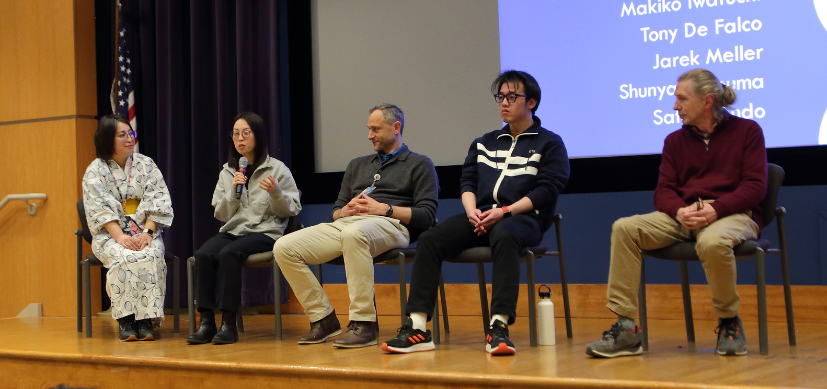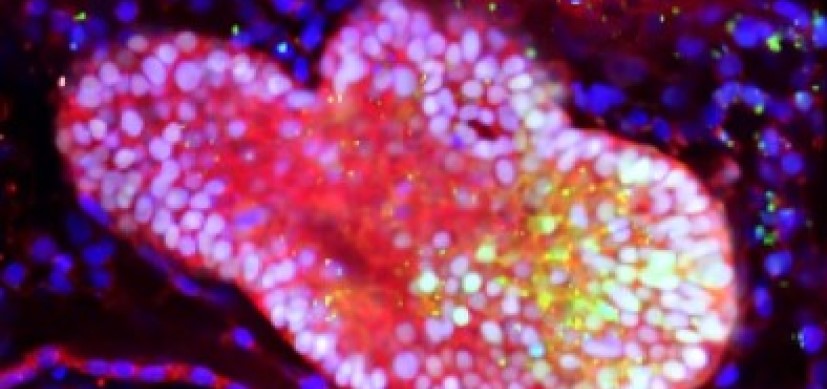First Acute Kidney Injury Diagnostic Test Wins FDA Clearance
Post Date: December 7, 2023 | Publish Date:

NGAL biomarker discovered at Cincinnati Children’s. Initial test developed here, then licensed to BioPorto
The first acute kidney injury (AKI) biomarker test to receive U.S. Food and Drug Administration 510(k) clearance for pediatric use in the United States was discovered here at Cincinnati Children’s.
Even though one-third of critically ill children, including those in the Neonatal and Pediatric Intensive Care Units, have AKI, the condition often goes underrecognized. This leads to insufficient follow-up, increased risk of chronic kidney disease and increased mortality. Early detection and diagnosis are key to managing the condition and improving outcomes.
The neutrophil gelatinase-associated lipocalin (NGAL) test, also known as the ProNephro AKI test, is designed to help doctors identify patients at risk for developing or having moderate to severe AKI within 48-72 hours in the intensive care setting. Unlike conventional methods such as measuring serum creatinine levels, the ProNephro AKI NGAL test measures a direct marker of kidney cell damage and thus can potentially detect AKI days earlier.
This clearance marks the culmination of a 20-year journey of development. After treating many patients based on slower diagnostic methods, Prasad Devarajan, MD, director, Division of Nephrology and Hypertension at Cincinnati Children’s, recalls embarking on a ”fishing expedition” to uncover biomarkers signaling early kidney injury.
“We wanted to move the clock to as near the injury as possible,” Devarajan says. “At that time, the tools we had to make a diagnosis were imprecise and delayed. What we could measure would appear only two or three days after kidney injury, but by then it’s too late to do anything.”
The Biomarker Laboratory at Cincinnati Children’s founded by Devarajan after he discovered the promising NGAL biomarker. The lab has since grown into a wide-ranging service and research provider for clinicians and investigators across the globe.
After getting a patent for using NGAL as a biomarker for AKI, Devarajan sought partners to help bring this product to patients and families through commercialization. In 2015, he joined forces with BioPorto, an in vitro diagnostics company, to develop and launch a clinically actionable test in urine or blood with a very rapid turnaround time of mere minutes.
The result was a test that “anyone at any hospital in the world can use,” Devarajan says.
Cincinnati Children’s launched the NGAL test five years ago. Now, with reams of clinical experience and data, the FDA has approved the test for nationwide pediatric use (ages 3 months to 21 years).
“Although the biomarker NGAL has been studied for more than a decade, it has not yet found a place in routine clinical care. This approval is a significant milestone in pediatric care,” says Stuart Goldstein, MD, director of the Center for Acute Care Nephrology at Cincinnati Children’s. “Having yet another data point to assess a child’s risk of kidney injury will help physicians make complex and potentially life-saving care decisions earlier and more confidently.”
*Cincinnati Children’s does not endorse any commercial products or companies
Learn more about the approval of NGAL testing for pediatric use.







